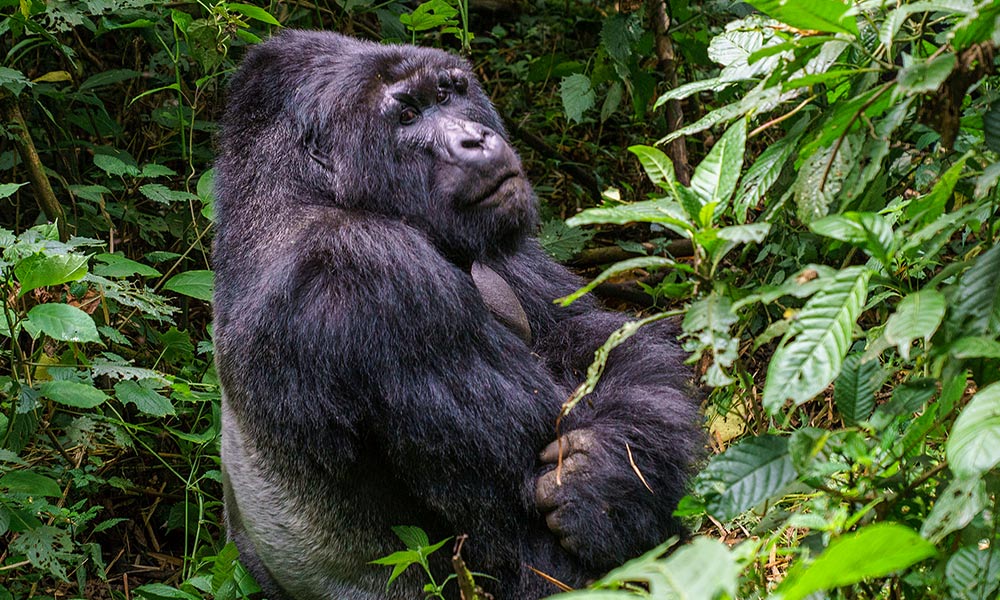People often ask when is the best time of year to visit the bush, and in this section we will give an overview of the different factors that may influence your decision. Game reserves are open year round, and they are great places to visit at any time of the year, but factors such as the weather and the changing condition of the bush throughout the seasons may have an impact on your choice.
Climate, Seasons and Weather
This is an overview of the climate and the seasons in Sub-Saharan Africa. Temperatures and weather patterns will vary from region to region, with some areas having their own micro-climates. So this overview is meant as a general summary only.
Summer
Summer in Southern Africa occurs from October to March. The days are often very hot, with cool mornings and warm nights. Daytime temperatures range from around 16°C to 32°C, and often much hotter depending on the region.
Summertime is also the rainfall season. After a hot day it is typical to get a violent thunderstorm in the afternoon or early evenings. These storms are often very brief and clear up quickly. They are also very impressive and a sight to behold, provided you’re not stuck in the rain! So they can in fact add to your safari experience.
Winter
Winter in Southern Africa is from May to July. The mornings and evenings are cold, but the days are usually warm and very pleasant. Late winter is a good time to visit Southern Africa if you’re embarking on a walking safari or wilderness trail, as the days are not too hot for trekking. Temperatures typically range from around 5°C to 24°C. Light showers may occur from time to time with some overcast days.
Game Viewing and the Seasons
Wildlife can be seen year round in all the game reserves. In winter the bush is thinner and easier to see through due to the plants dying out and reducing. There is a lack of water and therefore it is easier to locate certain species that will need to travel to watering holes for their daily drink. There also tends to be less insect activity in winter, and you won’t find too many mosquitoes buzzing around.
In summer the bush is generally thicker and greener due to the rainfall. Whilst this makes bush walks somewhat more challenging, game viewing can be good and you will often encounter the new born babies of various species. Mosquitoes will be most prevalent in the summer months, especially in the more humid and lush areas.
How Long to Stay
Quite simply, as long as possible! Since game reserves are wild areas you are not guaranteed to see animals, as the wildlife are free to roam wherever they want, often over huge areas. But you would be extremely unlucky to see nothing at all! The field guides communicate with each other via radio sets, and when an animal has been sighted it is a common courtesy for the guide to alert the other vehicles to the whereabouts of the animal. If you are on a self-drive safari, you’ll have to find the animals yourself.
In general, it is recommended to stay at least 2 nights at a game reserve, but ideally longer if your budget allows. The longer you stay, the more species you are likely to spot, and the more you can appreciate the pace of life in the bush. For a walking safari or wilderness trail, you will often stay 4 or more nights out on the trail.








